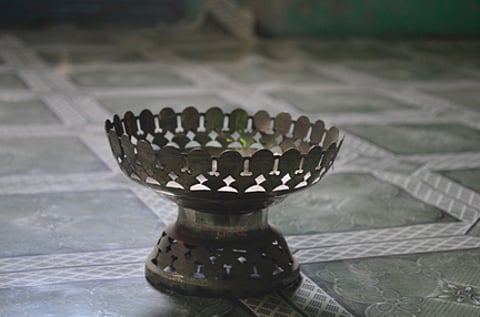Gujarat’s ‘Rangoon Wallas’
Gujarat appeared centre stage in the months leading up to the Indian national elections this year, contested between the incumbent Indian National Congress, the rightwing Bharatiya Janata Party (BJP) and a host of other alternative and regional parties. As Indian voters lined up to cast their ballots, they turned their attentions to the western Indian state of Gujarat and its long-standing Chief Minister Narendra Modi, whose unprecedented campaign became the focal point of the elections. On May 26 he was sworn in as the new Prime Minister of India.
Modi, the touted frontrunner during the election campaign, built his brand on the idea of the 'Gujarat Model'. Roughly defined as a composite of Modi's policies, including a purportedly tough stance on corruption, minimal government interference in the economy and a vision of Gujarat as an exclusively Hindu 'rashtra', this model is credited for Gujarat's supposed exceptional economic growth. Modi now proposes to implement it on a national scale.

